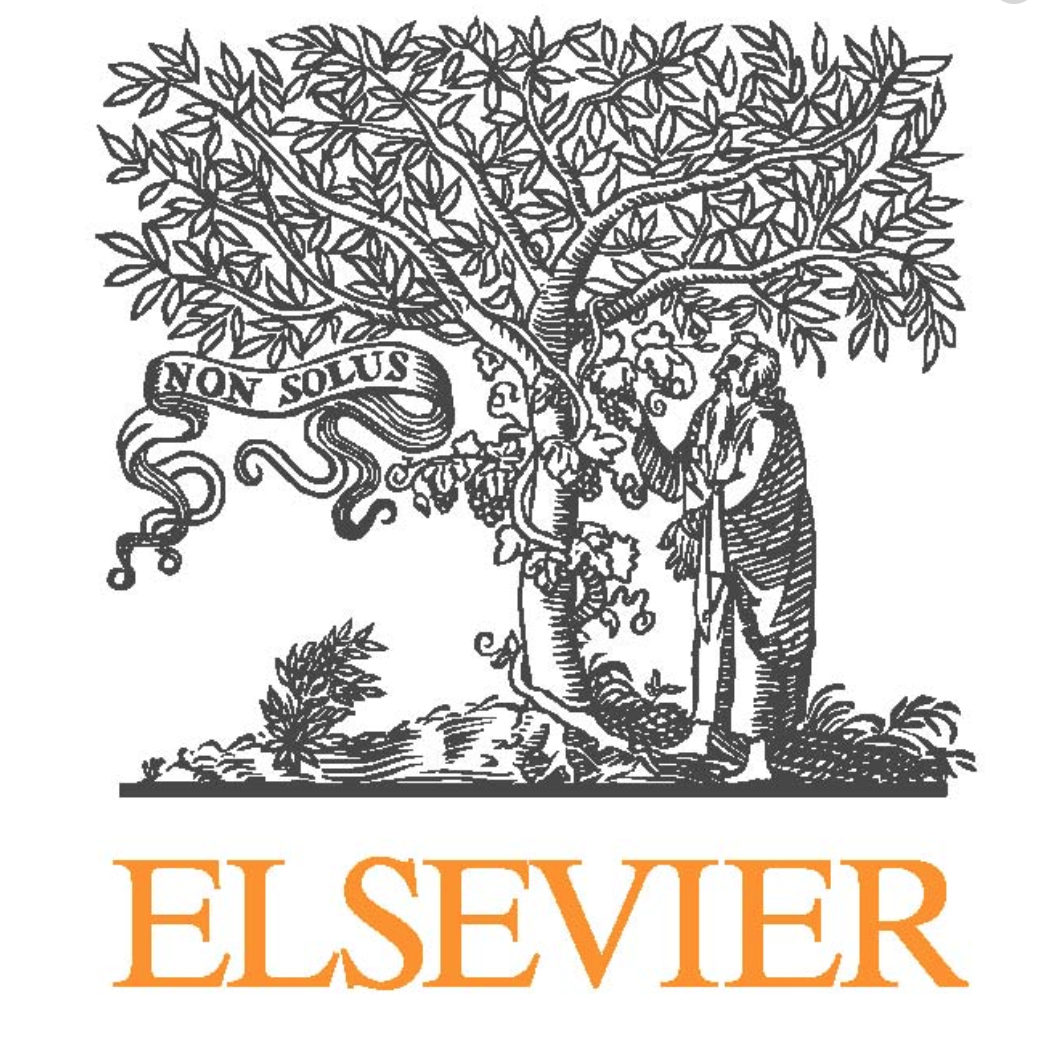Elsevier Releases Analysis of Gender Equality in Research

Progress Towards Gender Equality in Research & Innovation – 2024 Review examines inclusion and diversity in career cohorts across intersecting disciplines and geographies, tracking multiple indicators over 20 years. It reveals progress, with women now representing 41% of researchers globally, but also that serious challenges persist in gender equality in research and innovation.
The Report provides a substantial evidence base for academic leaders, funders, and policymakers to take data-led action on gender equality in research and innovation; key findings include:
- Women have made gains in the last two decades – as of 2022, they represent 41% (compared to 28% in 2001) of all active researchers globally, with strong representation in Health Sciences. However, gender diversity hasn’t progressed equally in all fields, for example in the physical sciences women represent just 33% of researchers.
- Women’s participation in the research workforce differs substantially by country/region. In Portugal, Spain, Italy, Argentina and Brazil, around half of active researchers are women, with around 40% in the USA and UK. However, women make up 33% of active researchers in India, now the world’s third largest research producing country; 30% in Egypt; and less than a quarter (22%) of active researchers in Japan.
- The average share of women among grant awardees increased globally from 29% in 2009 to 37% in 2022. The largest increases were for the Netherlands (+19 percentage points), Denmark (+13), the United Kingdom (+12), France (+10), Canada (+10), and Portugal (+8).
- Women comprise the majority of active researchers working on some UN SDG research areas, including education (SDG 4), gender equality (SDG 5), reduce inequalities (SDG 10) and peace and justice (SDG 16). For 10 of the 17 SDGs, proportionally slightly more women engage in more multidisciplinary research than men. Multidisciplinary research, in which researchers from diverse disciplinary backgrounds collaborate, is considered important to solving complex global challenges.
- Women’s progress is especially marked when assessed using indicators around societal impact, with their research more likely than men’s to be cited in policy documents and media.
The report offers five recommended areas of action for the research and innovation communities:
- Accelerate commitments and actions towards greater gender equality in research.
- Stop the decline in participation with rising seniority by prioritizing the retention of early-career women researchers into mid and advanced career stages.
- Develop incentive structures to help women play an equal part in the full research and innovation value chain, including patents.
- Apply a broad range of indicators to measure research effectiveness, including societal and policy impact.
- Continue to collect and report inclusion and diversity data to monitor progress, identify gaps, evaluate policies, and drive accountability.
Progress Toward Gender Equality in Research & Innovation – 2024 Review (Online Version)
Full Report (PDF File)
Dashboard (Tableau) - Last updated June 9, 2024
Dataset: van der Linden, Nicolien; Roberge, Guillaume; Malkov, Dmitry (2024), “Gender Equality in Research & Innovation – 2024 Review”, Elsevier Data Repository, V2, doi: 10.17632/bb5jb7t2zv.2
Elsevier is a Voting Member organization of NISO.